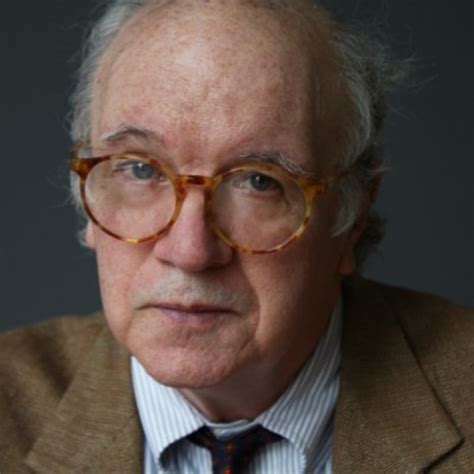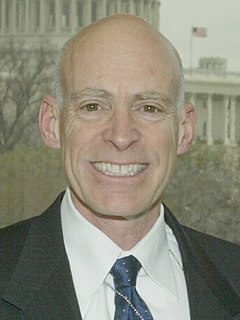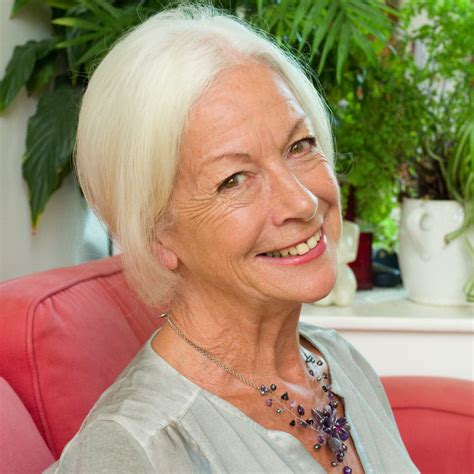A Quote by Branko Milanovic
Global inequality is such an abstract concept, simply because there is no global government. Telling people in rich countries who have had no increase in real incomes, stagnant median wages and so on, that on the other hand global inequality is going down because people who are much poorer than them are getting richer - it's something that maybe they would like in an abstract sense, because everyone is happy there are fewer poor Chinese, but you may not be as happy if these Chinese are taking your job.
Quote Topics
Related Quotes
Most people believe that inequality is rising - and indeed it has been rising for a while in a number of rich countries. And there is lots of talk and realization of this. It's harder to understand that at the same time, you can actually have global inequality going down. Technically speaking, national inequality can increase in every single country and yet global inequality can go down. And why it is going down is because very large, populous, and relatively poor countries like India and China are growing quite fast.
The middle class in the rich countries is where the political game is being played. They are voting in elections in the U.S., U.K., France and Germany. They are working people in the upper part of the global income distribution. They might on average be happy that the Chinese are doing well, but they are not happy that the Chinese are doing well relative to them.
America has tolerated inequality because people think they can get ahead. If you have immobility on top of inequality, then people are not going to be happy campers. If you're stuck on the bottom and there just isn't much churning in society and you're stuck there through your adulthood, that's not a nice life to look forward to.
Chinese movies are not just about making Chinese local movies. It's about the Chinese money, the Chinese creativeness participating in a global movie. The problem is not the government not supporting this, they of course support this big time. The problem is whether other people are capable of doing the same thing I'm doing.
There have always been two theories about inequality. One is that it reflects just deserts. The other is that there are large elements of exploitation and inequality of opportunities. The evidence is overwhelmingly that the increase in inequality is associated with those negative factors. If it were all social contribution, then when the top did better, they would be contributing to everybody's well-being. That trickle-down hasn't happened. We've seen median income, people in the middle, actually worse off than they were 25 years ago.
One of the reasons inequality gets so deep in this country is that everyone wants to be rich. That's the American ideal. Poor people don't like talking about poverty because even though they might live in the projects surrounded by other poor people and have, like, ten dollars in the bank, they don't like to think of themselves as poor.
One of the reasons inequality gets so deep in this country is that everyone wants to be rich. That's the American ideal. Poor people don't like talking about poverty because even though they might live in the projects surrounded by other poor people and have, like, ten dollars in the bank they don't like to think of themselves as poor.
Like any developing country, it has an inequality of wealth. In the Chinese case, it is particularly [pronounced] by the fact that they decided they couldn't make the whole country move forward simultaneously, so they've started region by region. So the interior regions are much less well off than the coastal regions. And this is certainly a huge challenge, because it produces a flow of populations from the poorer regions to the richer regions.
The essence of capitalism is expressed in two of its basic features: a) profit maximization and b) market competition. In their abstract formulations none of them was supposed to have anything conspiratorial against the poor. But in real life they turn out to be the "killers" of the poor - by making rich the richer and poor the poorer.
When I was in government, the South African economy was growing at 4.5% - 5%. But then came the global financial crisis of 2008/2009, and so the global economy shrunk. That hit South Africa very hard, because then the export markets shrunk, and that includes China, which has become one of the main trade partners with South Africa. Also, the slowdown in the Chinese economy affected South Africa. The result was that during that whole period, South Africa lost something like a million jobs because of external factors.






























